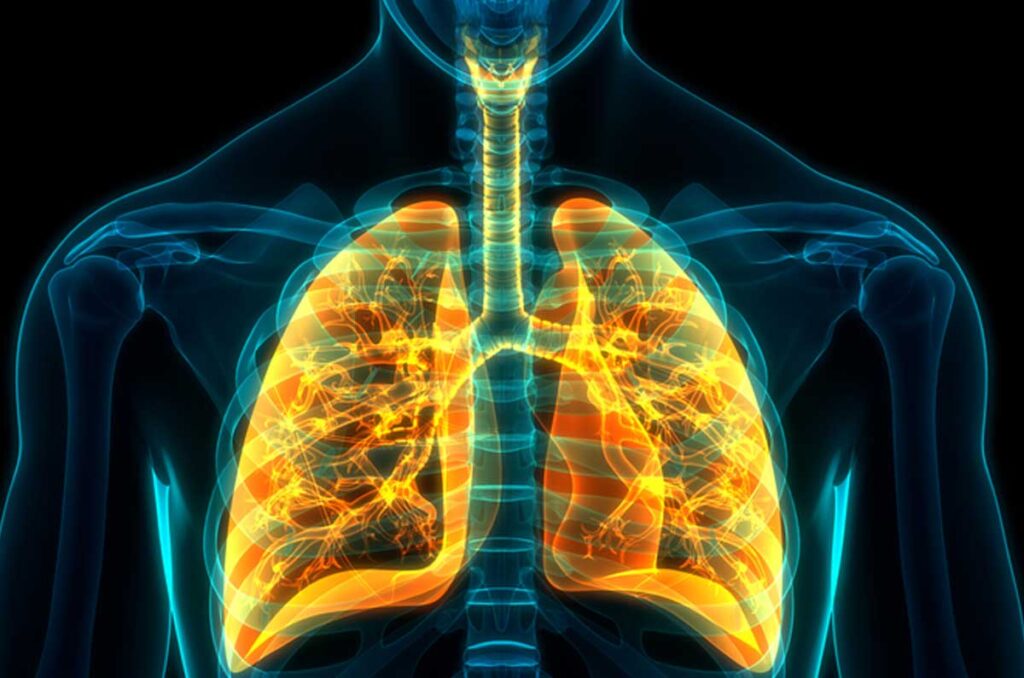Industries
The DustCanary range is suitable for monitoring all types of dust and aerosols from industrial processes, mining operations, and construction sites including, respirable crystalline silica (RCS), cement, other minerals, wood, food including starch and flour, metals, welding fume and oil mist.



Monitoring respirable dust including respirable crystalline silica (RCS) in the following industries:
Construction
• Concreting, drilling and surface preparation
• Stone cutting (including fitting of kitchen work tops)
• Demolition
• Road and rail maintenance and repair
• Tunnelling (concrete pouring)
Industrial and Mining
• Quarrying and mining
• Minerals cutting and milling
• Materials handling of minerals
• Shotblasting for surface preparation
• Cement and Lime production
• Minerals processing and packing
(Gypsum, silica, gravel, glass)
• Recycling of materials
In the construction and minerals industry, a primary safety concern is to ensure that worker exposure to respirable crystalline silica (RCS) is minimised and below the long term Workplace Exposure Limit (WEL) of 0.1mg/m3. This is due to the carcinogenic classification of the crystalline particles which are created when construction and industrial materials containing silica are fractured by either drilling, cutting, sanding, abrasion or blasting.
DustCanary real time instruments measure total Respirable dust in the important 0.05mg/m3 to 1mg/m3 range and since the proportion of RCS in a minerals dust is relatively constant for a specific type of stone or mineral, provides a pragmatic method for controlling RCS exposure by alarming when respirable dust reaches pre-set limits.
While the real time sensor cannot identify the type of dust and is not specific to a certain dust type, it can qualitatively monitor the concentration of different particle size fractions including respirable dust (PM-4). It indicates trends of dust over time and alarms when detecting an increase in overall respirable dust level above pre-defined levels. Samples captured on the filter of the CPAS sampler can be analysed in the laboratory to identify specific particle types.
Also monitoring other types of respirable dust including:
• Oil Mist
• Bioaerosols
• Welding fumes
• Flour and food dusts
• Wood and MDF dusts
• Metallic dusts


